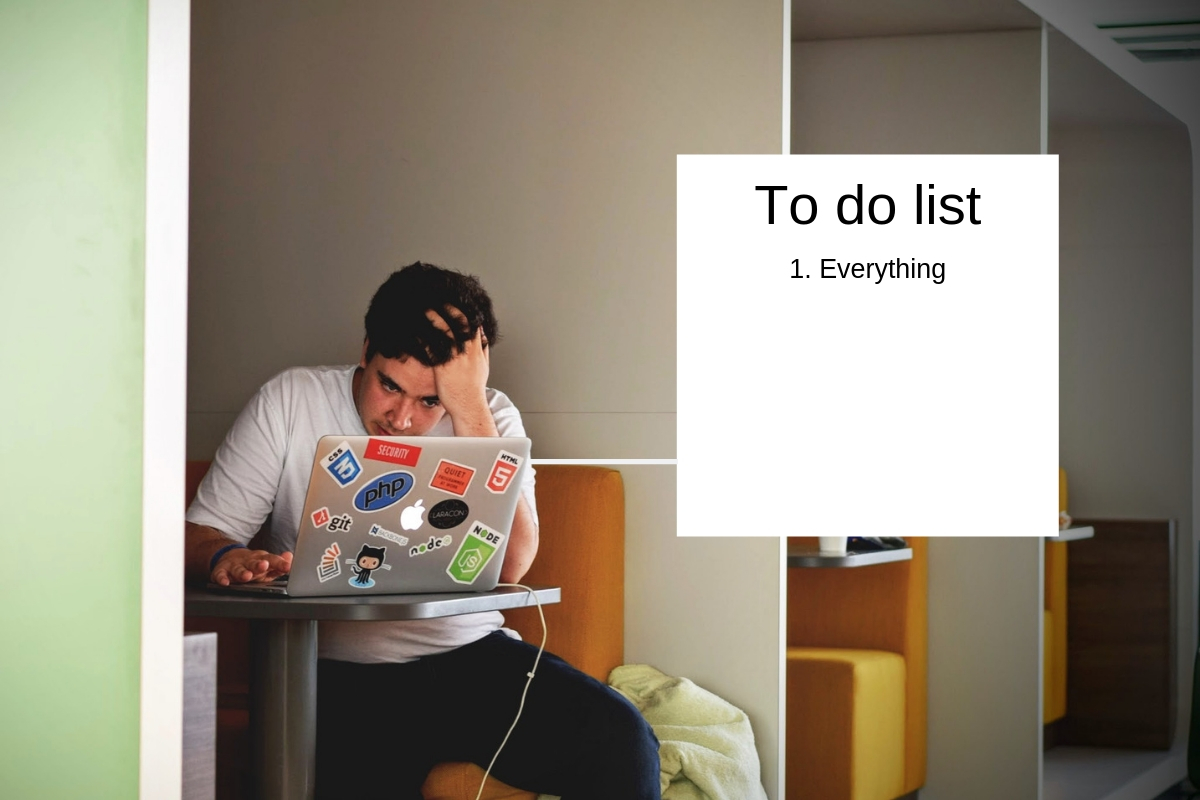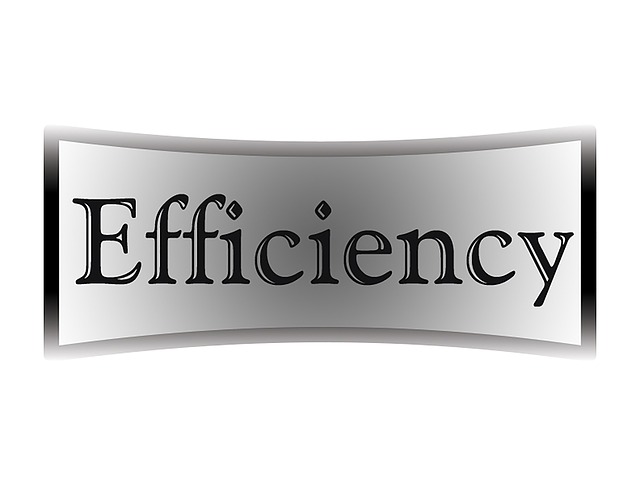
I enjoyed the Easter Break. It was time away from the many jobs, projects and activities that I am involved in.
Returning to work today and picking up again all the various threads of those projects was a bit of a shock to the system.
In fact, when I actually wrote down all the various projects that need or want my attention, it was a little psychologically overwhelming.
The projects probably won’t mean much to you but my short-list (of things I actually have to address in some way this week) is: PHF, 7Days, Blog, Newsletter, FLO, OASIS website, HCDS website updates, VMH website, Let’s Deal with It card project, APS social media plan, lunchtime workshops, 2 upcoming presentations, revise student handouts, supervision, and preparations for mental health week.
On top of that I also feel the need to sustain my garden, play my guitar, workout regularly, eat healthy, try to catch up on the podcasts I want to listen to, explore Netflix, keep my social media up-to-date and find some time in there to relax and be a decent partner and friend.
My guess is that a lot of you are the same – feeling like life is a bit crazy, with a lot of things and people vying for your attention and focus.
Handling such a range of psychological demands is a juggling act. Let’s take a look at how we can do that better.

Determine if there is anything you can cut out or delay
There is a good chance you’ve accumulated, amongst the many activities in your life, some that aren’t really that beneficial or important to you.
They might have seemed important or cool at the time, but with some hindsight you’ve lost interest or the activity has lost meaning. Admitting to yourself that some things just don’t energise you in the same way they used to is OK.
Or there might be projects that you feel like you should do. Perhaps you agreed to help someone, or joined a project with the best of intentions, but now you are doing it simply out of a sense of obligation, not interest.
Don’t be scared to let some projects go. I once had an item on my life ‘to-do’ list that stayed there for 4 years. Eventually I realised I just wasn’t the slightest bit interested in doing it. I was when I first had the idea, but that interest had long since waned. I didn’t want to admit to myself that I was no longer interested as not doing the project felt like a failure.
Letting some projects go might be difficult or uncomfortable. You might have to let someone down, or admit to yourself that the project was out of your reach. Often it is the avoidance of the discomfort that keeps us connected to projects that we can’t or don’t want to do. The longer you pretend that you can or will do a project when you know you can’t, the more inconvenience you are creating for yourself and others.
Also remember that some projects can simply be delayed. I had projects that I had to put on the backburner whilst I finished my PhD. This is a form of prioritisation, which I also discuss below.

Make a point of reminding yourself to say ‘no’ to things
Over the past week, I’ve had multiple requests and invitations to start new projects. Taken on their own merits they are interesting and valuable projects. I’ve obviously been tempted to say ‘yes’.
But saying ‘yes’ to new projects, when you really don’t have the time to do them causes a number of problems.
First, the new project will just become another source of stress for you. It will join a growing list of things you can’t get done that distract and distress you.
Second, whilst I get that you don’t want to let the person down who has asked you, you will still do them a disservice by not being able to devote much time to the project. Better to let them down early, than disappoint and inconvenience them later.
Third, I find that I sometimes procrastinate on the work I need to do, by getting excited and involved in new ideas. This ends up biting me on the arse later though when those projects require more than just ideas and excitement. I’ve seen this pattern in other people as well. The lure of a new and exciting project is much stronger than the lure of a well-established and now slightly boring project that you have to finish.
Of course, I am not suggesting you reject all new opportunities. Some new opportunities might fit and integrate wonderfully with projects you are already doing. Or they may simply be too good to pass up. But always keep in mind whether you are leaving yourself enough mental space to finish the projects you have already started.

Find efficiencies in how you work
Most of us have room for improvement in how we work.
For a while there, I was trying to manage 6 separate email accounts, each with a separate login. It was stupid. So I saved myself time and stress by removing irrelevant accounts and then forwarding all content to the one email account. I did the same with my calendars.
There are always efficiencies you can create in your own life. These efficiencies can be in any aspect of your life.
Some people meal plan so they spend less time shopping and preparing and worrying about food.
Some people take public transport instead of driving to work so they can read books or do work that they are struggling to get done otherwise.
Some people dedicate specific hours of the day to email, so they can push through them and not be distracted by them during the day.
One of the main efficiencies I suggest for uni students is to learn effective study strategies. Students can save time by using evidence-based learning methods and abandoning study methods that don’t work particularly well.

Don’t be tempted to multi-task
On busy days, the temptation is to open up a million tabs on my computer and try to do everything at the same time: process emails, write blog posts, prepare presentations, read social media, listen to podcasts etc.
The truth is however, unless you pick very complementary tasks (e.g. listening to podcasts on the bus), multi-tasking is nothing more than your brain trying to switch quickly between different tasks. Repeated switching is inefficient. Each tasks ends up taking longer and your brain gets extra fatigued in the process.
Scheduling is a better friend in these situations. This means allocating dedicated time to each task during the day and then sticking to this schedule, only ever working on a single task at at time.
This takes discipline and practice. Even a couple of years after making the decision to try and work this way, I still fall into the trap of trying to multi-task. However the point isn’t to chastise yourself whenever you find yourself returning to bad habits. The point is to notice you are doing it and implement your alternative plan instead. When I found myself tempted to check emails whilst writing this article, I closed down all other Chrome tabs and doubled down on finishing this article.

Prioritise
When you are scheduling your jobs for the day or week, you will need to prioritise them at the same time. This means putting the most important ones first, and the less important ones later. I prioritise tasks on the basis of a few factors.
- when they need to be finished – I prioritise tasks that are due soon over those that are due later
- how important they are – I prioritise tasks that are central to my role before tasks that are tangential to my role
- how complex they are – I often try to get an early start on tasks that I know will be difficult
I generally try to put the most mentally challenging and difficult tasks in the morning, when I am at my most alert, and leave the more mundane tasks (e.g. email) to later in the day.
Finally, during periods of high psychological demand, you will need to be mindful of prioritising activities that genuinely nourish and replenish your mental resources. These are often the things that we stop doing during stressful periods. They include getting plenty of sleep, physical activity/ exercise, eating a healthy diet, being with friends and family and having ‘fun’.
Whilst some people baulk at the idea of ‘wasting’ valuable hours on sleep or recreation, for most people the time lost is more than made up for by increases in efficiency, processing speed, energy level and positive mood.

Brute force
All the productivity ‘hacks’ in the world can’t save you from the fact that most activities or tasks of any real value just require hard work.
Some days this is easier than others. I am writing this article on a day where I have zero energy and zero motivation. Neither of those is an excuse not to work though.
We often use our mood or energy level or level of motivation as some kind of indicator as to whether we should be working or not. They are not good guides.
In fact, those are the times when it is MOST important to be scheduling and prioritising and avoiding multi-tasking. The days of low motivation and energy are the days to be most diligent about commiting to good basic work practices.
Learning to work effectively through negative mood and feeling states is one of the most valuable skills you can develop.
Takeaway message
When we’re feeling overwhelmed by the demands of everyday life, we can quickly fall into old and often unhelpful habits.
My worst habit is distracting myself by thinking about new projects. The problem is I end up with just another thing on my ‘to-do’ list that will cause me stress on another day.
Instead, look to see if you can shed tasks, find efficiencies, schedule and prioritise more effectively, or just put your head down and work your arse off.
Better management of the short-term feelings of discomfort will increase the likelihood of your completing your tasks, activities and projects, and it is in the completion of stuff that we get the most fundamental benefits to our wellbeing.

